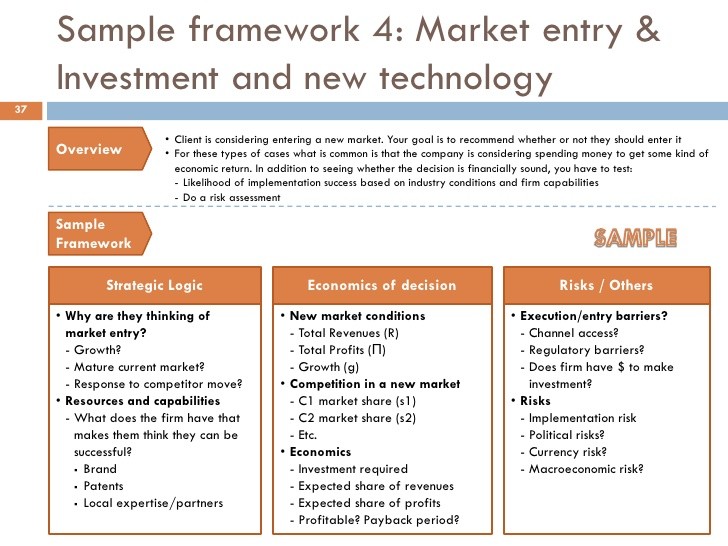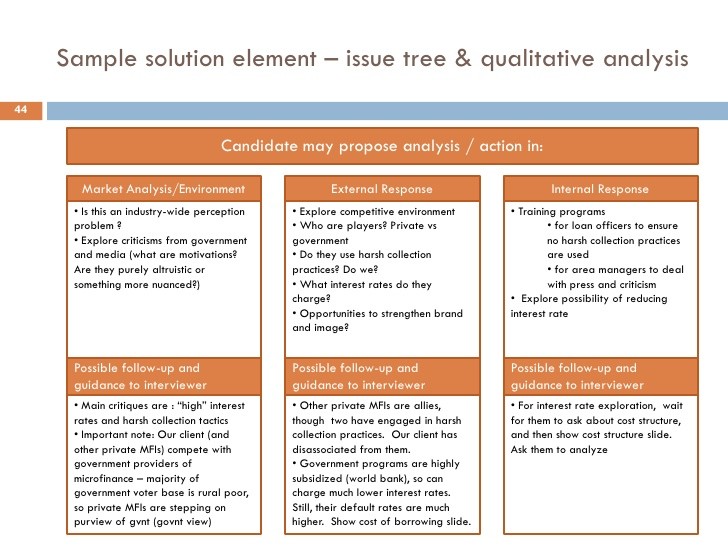At Wharton Currency Risk 101 For Top Corporate Execs
Post on: 23 Апрель, 2015 No Comment

mathplourde via Flickr (cc)
A group of corporate execs learned Monday something that seems obvious to seasoned FX traders, but isnt so clear to the average, educated observer: In the world of foreign exchange, everything is related, and nothing is easy to predict.
In the only FX-related session of Whartons Advanced Management Program, finance professor Richard Marston explained that simple-but-often-unknown fact to 60-some students—senior managers from around the world, each within a level or two of the top job at places like Saudi Aramco, the Hong Kong government, UPS, the Singapore Navy, Credit Suisse, Estee Lauder and Duke Energy.
Among the general predictions he had for factors that would affect corporate FX hedging in the near-term are:
—U.S. inflation is headed toward 5%
—Buy hard assets like real estate—but not gold, which he thinks is too volatile
—The U.S. will take five years to absorb the seven million people currently on the countrys unemployment rolls
Somewhat counter-intuitively, Marston also said he has confidence in the Federal Reserve—he says several of the governors are his friends from school days—and that the central bank wont let the country return to the high inflation of the 1970s. That said, the Fed has to be magicians to get the financial system back on track after the past few years.
Marston—flashing a slide show a la an actual college course—explained how markets should have been able to see the euro-zone crisis coming, which would have made it easier for the execs to properly hedge their companys exposure. He explained how the convergence of euro zone bonds to German levels after the euros introduction foreshadowed a borrowing boom.

And although Marston applauded the launch-era governments of the euro zone for their work to form the single currency, he doesnt think the euro will supplant the dollar anytime soon. Nor will the yuan, which he says wont have a global role until the government lets go of it.
Several years ago, Whartons FX teaching session shifted to a general tour of macro-economic and currency issues from an in-depth how-to on financial hedging because participants complained the material was too technical.
Marston has been teaching the international markets session of this program since it began in 1988. Since that time, Indians, Nigerians and other developing-country executives have taken up half the seats, replacing some Americans and Europeans. The seminar costs $53,000 for five weeks of training on all aspects of management. Where participants used to ask about trade between the U.S. and Europe, now they want to know about the outlook for emerging markets, Marston says.
The issues are getting more globalized, said Huub Haarlemmer, a Dutch banker from RaboBank Bommelerwaard, as the students munched peanut M&Ms during a short break in the class. Everybody is thinking, What is going to help us get out of this?














